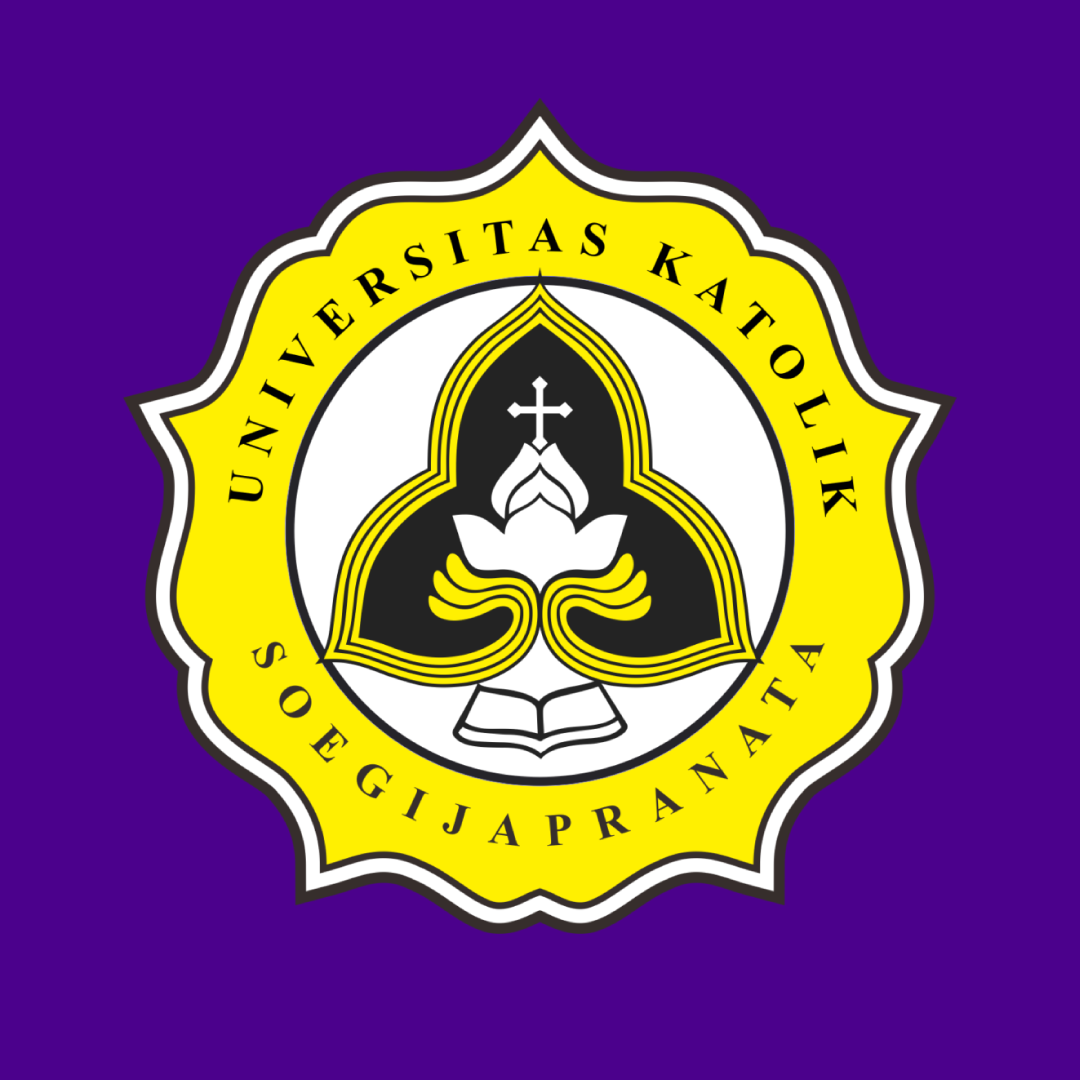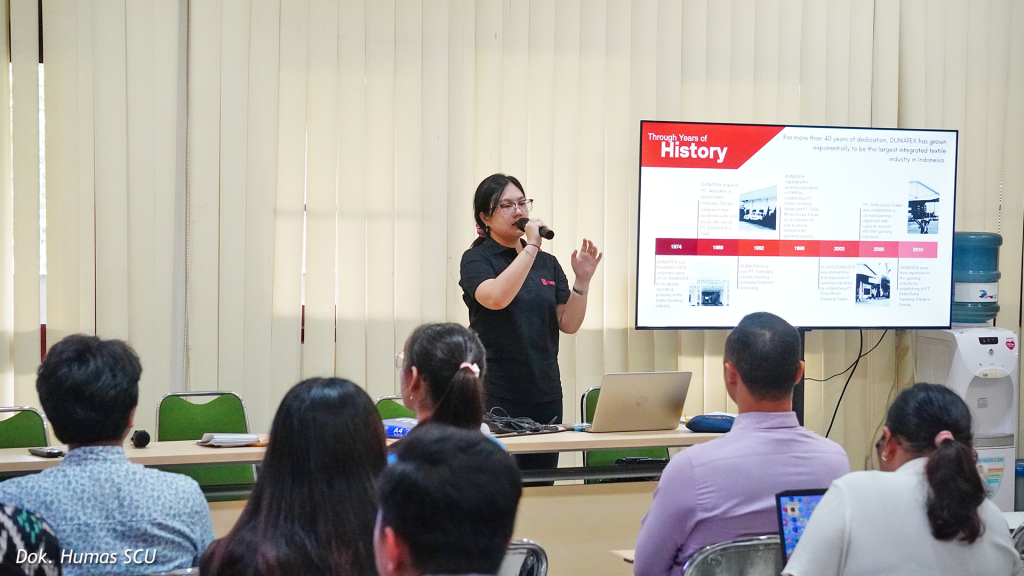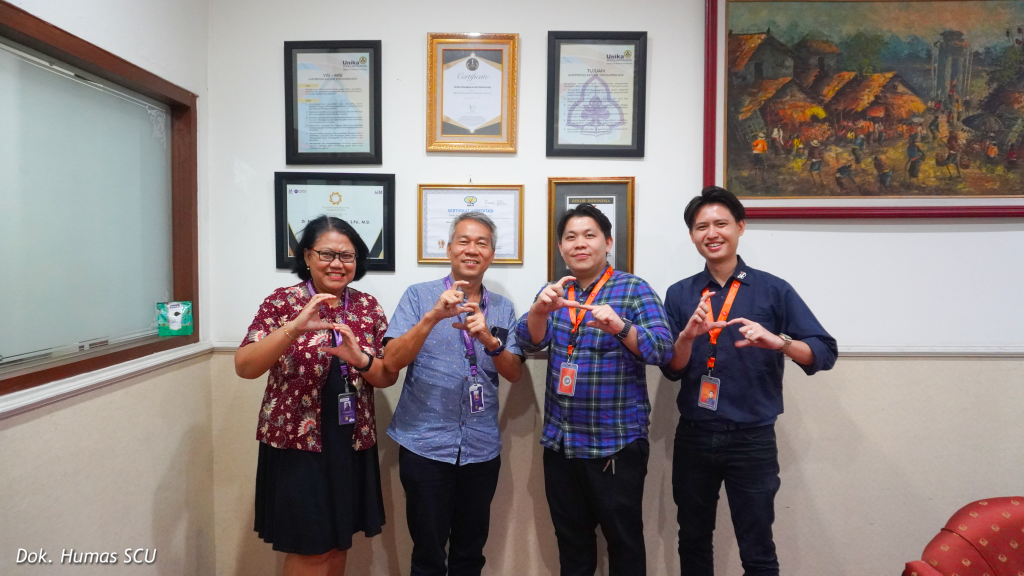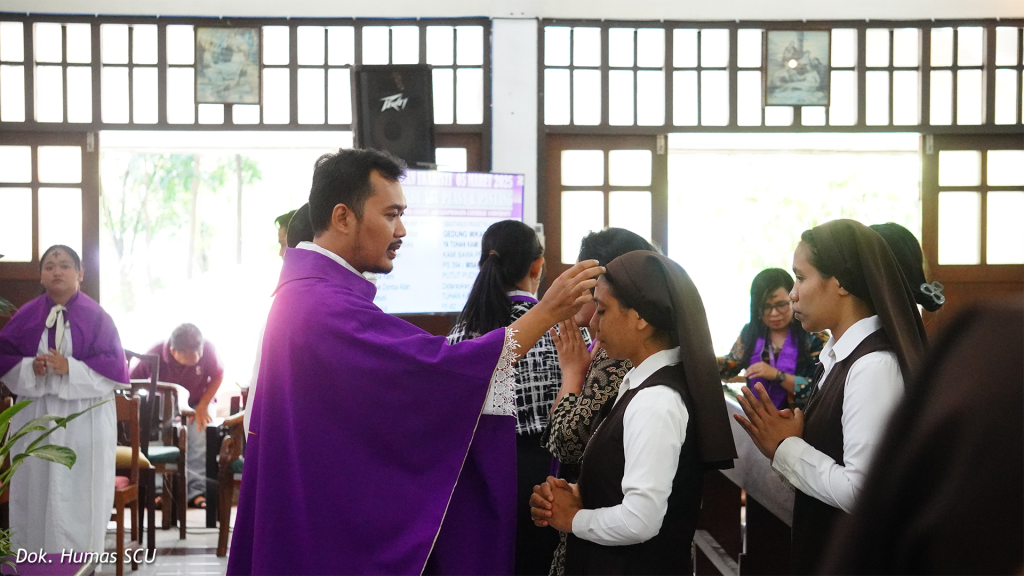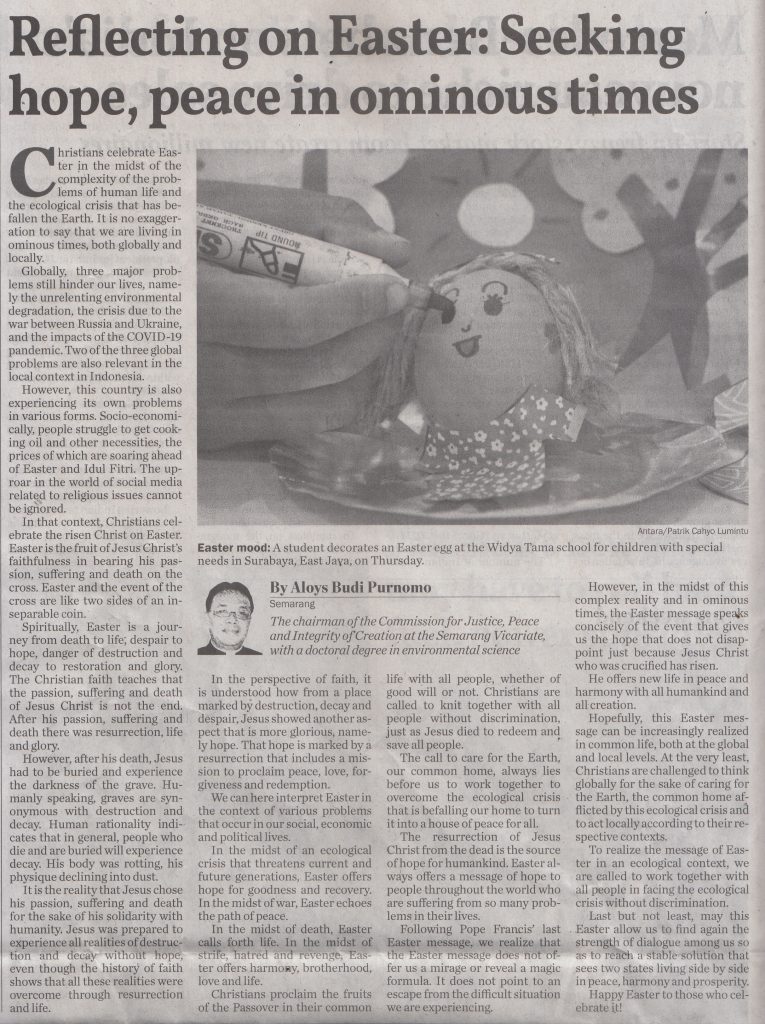
[dalam bahasa Indonesia oleh google translate]
Aloys Budi Purnomo, The chairman of the Commission for Justice, Peace and Integrity of Creation at the Semarang Vicariate, with a doctoral degree in environmental science.
Christians celebrate Easter in the midst of the complexity of the problems of human life and the ecological crisis that has befallen the Earth. It is no exaggeration to say that we are living in ominous times, both globally and locally.
Globally, three major problems still hinder our lives, namely the unrelenting environmental degradation, the crisis due to the war between Russia and Ukraine, and the impacts of the COVID-19 pandemic. Two of the three global problems are also relevant in the local context in Indonesia.
However, this country is also experiencing its own problems in various forms. Socio-economically, people struggle to get cooking oil and other necessities, the prices of which are soaring ahead of Easter and Idul Fitri. The uproar in the world of social media related to religious issues cannot be ignored. In that context, Christians celebrate the risen Christ on Easter.
Easter is the fruit of Jesus Christ’s faithfulness in bearing his passion, suffering and death on the cross. Easter and the event of the cross are like two sides of an inseparable coin. Spiritually, Easter is a journey from death to life, despair to hope, danger of destruction and decay to restoration and glory. The Christian faith teaches that the passion, suffering and death of Jesus Christ is not the end. After his passion, suffering and death there was resurrection, life and glory. However, after his death, Jesus had to be buried and experience the darkness of the grave.
Humanly speaking, graves are synonymous with destruction and decay. Human rationality indicates that in general, people who die and are buried will experience decay. His body was rotting, his physique declining into dust. It is the reality that Jesus chose his passion, suffering and death for the sake of his solidarity with humanity. Jesus was prepared to experience all realities of destruction and decay without hope, even though the history of faith shows that all these realities were overcome through resurrection and life. In the perspective of faith, it is understood how from a place marked by destruction, decay and despair, Jesus showed another aspect that is more glorious, namely hope. That hope is marked by a resurrection that includes a mission to proclaim peace, love, forgiveness and redemption.
We can here interpret Easter in the context of various problems that occur in our social, economic and political lives. In the midst of an ecological crisis that threatens current and future generations, Easter offers hope for goodness and recovery. In the midst of war, Easter echoes the path of peace. In the midst of death, Easter calls forth life. In the midst of strife, hatred and revenge, Easter offers harmony, brotherhood, love and life. Christians proclaim the fruits of the Passover in their common life with all people, whether of good will or not. Christians are called to knit together with all people without discrimination, just as Jesus died to redeem and save all people. The call to care for the Earth, our common home, always lies before us to work together to overcome the ecological crisis that is befalling our home to turn it into a house of peace for all. The resurrection of Jesus Christ from the dead is the source of hope for humankind.
Easter always offers a message of hope to people throughout the world who are suffering from so many problems in their lives. Following Pope Francis’ last Easter message, we realize that the Easter message does not offer us a mirage or reveal a magic formula. It does not point to an escape from the difficult situation we are experiencing.
However, in the midst of this complex reality and in ominous times, the Easter message speaks concisely of the event that gives us the hope that does not disappoint just because Jesus Christ who was crucified has risen. He offers new life in peace and harmony with all humankind and all creation. Hopefully, this Easter message can be increasingly realized in common life, both at the global and local levels. At the very least, Christians are challenged to think globally for the sake of caring for the Earth, the common home afflicted by this ecological crisis and to act locally according to their respective contexts. To realize the message of Easter in an ecological context, we are called to work together with all people in facing the ecological crisis without discrimination. Last but not least, may this Easter allow us to find again the strength of dialogue among us so as to reach a stable solution that sees two states living side by side in peace, harmony and prosperity. Happy Easter to those who celebrate it!
# https://www.thejakartapost.com/paper/2022/04/15/easter-seeking-hope-peace-in-ominous-times.html.
The Jakarta Pos 16 April 2022, page 6


